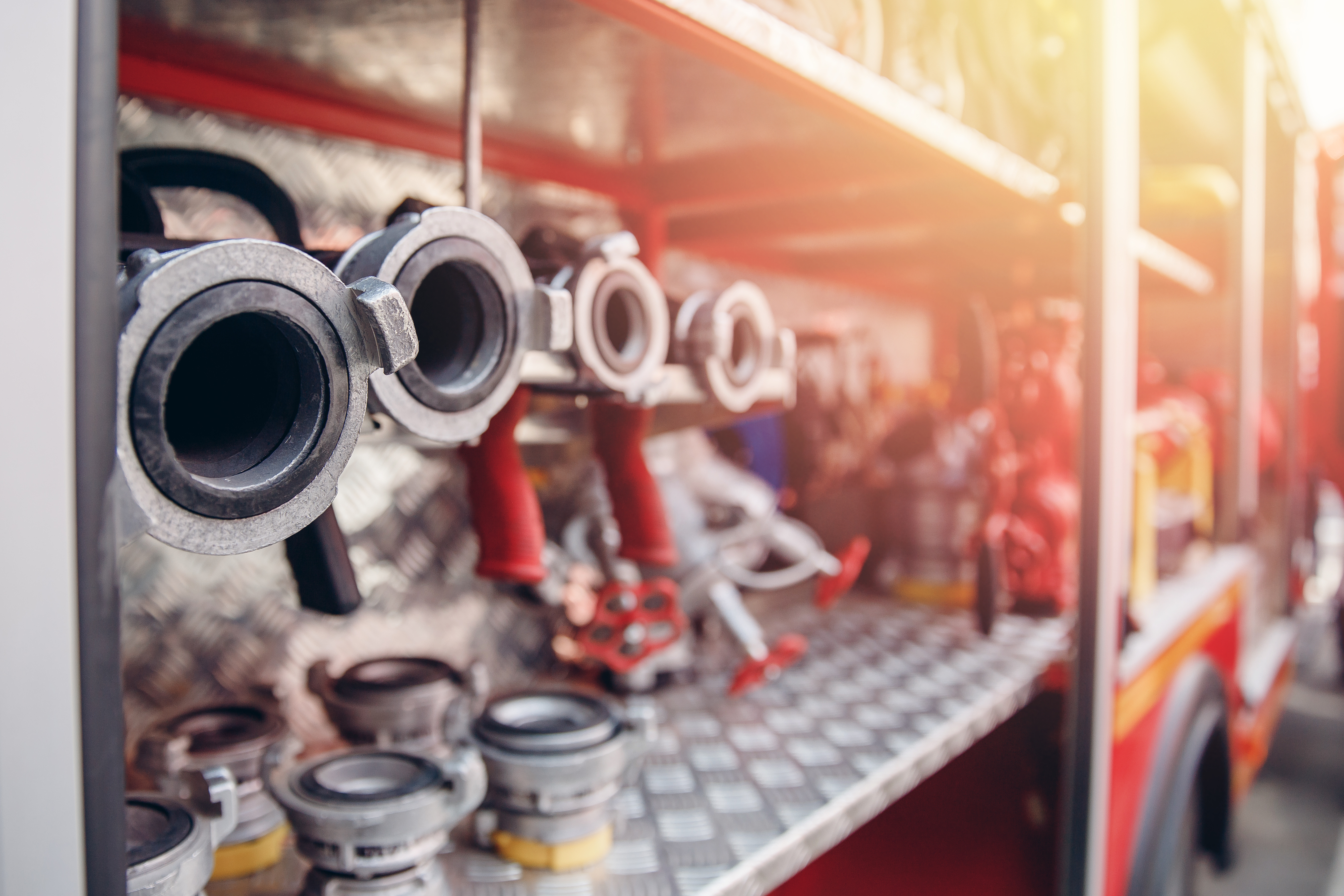
How can you ensure that your equipment doesn’t break down when you need it the most? Consider all the equipment there is to keep track of and combine that with all the other responsibilities firefighters have and it’s easy to see how equipment inspection could fall by the wayside.
Serious issues can arise if equipment goes unchecked for too long. People and property are far too often put in harm’s way when crucial inspections get missed. Proper maintenance is one of the most tedious parts of the fire service, but outside of training, it may be the most important. Implement these tips to keep your equipment up to the task, and secure Portable & Mobile Equipment insurance to protect your operation from losses relating to equipment failure.
Use It
Start and run your equipment regularly according to manufacturer or NFPA specs. Frequently check the engine, fluid levels, lights, sirens and tires on your apparatus. The same also applies to power tools and gear that gets used less often (saws, spreaders, and others). Even brand new trucks and tools will not work properly if they go unused for too long.
Schedule Inspections
Hopefully, you already have some system in place to monitor your checks such as a logbook, spreadsheet or software service. Be certain that these inspections and documentations are thorough and include everything from daily checks to ones that take place every few years; all checks comply with NFPA, manufacturer, and/or SOP guidelines. The documentation will hold up in court (no shortcuts or quickly jotted check sheets). There are even services that can automate this process.
Practice Up-to-Date Training
It is crucial that everyone in the department knows how to operate the equipment, whether it’s powering a generator, working a circular saw, or running a hydraulic fan. This is not always an easy task, especially when you’re dealing with constantly evolving equipment and crews. Alleviate this by filming the more complex inspections being done, so that firefighters can reference them during their checks. You can easily execute this in-house simply using a camera phone and YouTube.
Handle Issues Immediately
Good inspections don’t necessarily mean taking your engine in every year for maintenance, though that is a smart idea. It requires that apparatus, equipment, and inventory are checked consistently so that you can take care of small issues before they turn into bigger, more expensive issues. While this may seem tedious, it can save time and money as well as save lives.
About Provident FirePlus
At Provident FirePlus, we offer custom-tailored packages to best protect firefighters and volunteer firefighters. We understand the risks that emergency response teams are subjected to on a daily basis, and have worked to serve these dedicated professionals for over 87 years. For more information about our products and policies, we invite you to contact our experts today at (855) 201-8880.

